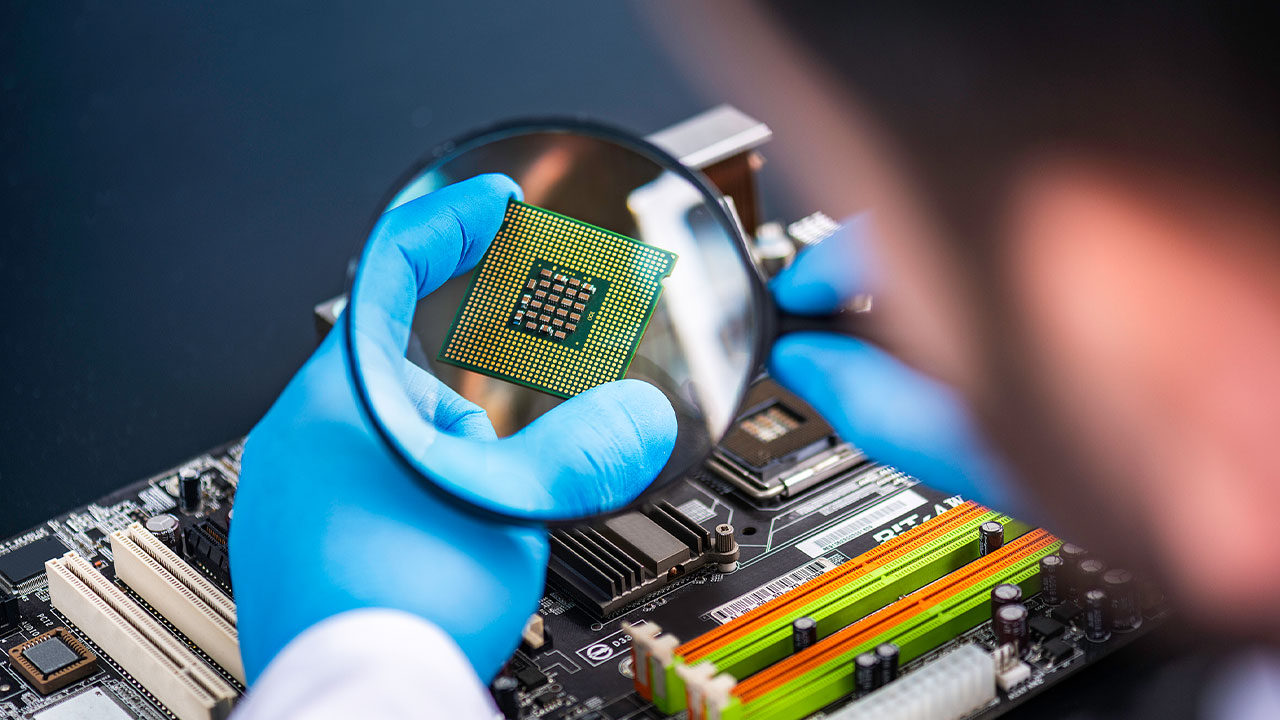By Arun Kumar Shrivastav
During Prime Minister Narendra Modi’s visit to the United States, there’s hope for significant developments in defence, business, and technology cooperation between the two countries. The visit will be marked by discussions on sealing a big-armed drone deal, high-level meetings with CEOs of top American companies, breakthroughs in semiconductor supply chains, and the elevation of the Indo-US technology partnership. These developments will showcase the growing importance of the US-India relationship and the potential for further collaboration.
During Prime Minister Modi’s visit, the United States has been pushing for the signing of a substantial armed drone deal with India. This deal would enhance India’s defence capabilities and deepen the defence partnership between the two nations. The armed drones are expected to provide India with advanced surveillance and strike capabilities, bolstering its national security. The negotiations for the deal will gain momentum, indicating a positive step towards strengthening defence cooperation between the US and India. There’s no specified number set yet for the armed drones, but the need for purchase has been confirmed.
According to sources familiar with the event and its arrangements, a private meeting is scheduled between the Prime Minister and prominent US companies’ top 20 business leaders, such as Mastercard, Accenture, the Coca-Cola Company, Adobe Systems, and Visa. The meeting is expected to be facilitated by the US-India Strategic Partnership Forum (USISPF), led by Dr Mukesh Aghi. Notable figures attending the meeting include Shantanu Narayen, the Chief Executive Officer of Adobe Systems; Julie Sweet, the CEO of Accenture; Ryan McInerney, the CEO of Visa Inc; Michael Miebach, the CEO of Mastercard; and James Quincey, the CEO of Coca-Cola.
The discussions focused on exploring opportunities for collaboration, attracting investments, and expanding business ties between India and the United States. These engagements aim to create a conducive environment for companies from both nations to thrive and contribute to economic growth. The meetings also underscore the importance of India as a critical market for American businesses.
This meeting will occur after Prime Minister Narendra Modi attends the State Dinner at the White House and before embarking on an official visit to Cairo, following an invitation from Egyptian President Abdel Fattah El-Sisi.
More on this, a collaborative effort to foster cooperation in critical and emerging technologies is underway between the United States and India, with National Security Advisor AjitDoval and US National Security Advisor Jake Sullivan at the forefront. Prime Minister Narendra Modi and US President Joe Biden announced the initiative as the US-India Initiative on Critical and Emerging Technology (CET) during a meeting in Tokyo in May 2022. Its primary objective is facilitating collaboration in artificial intelligence, quantum computing, semiconductors, and telecommunications.
Recognising the immense potential of these cutting-edge technologies, both nations have come together to explore avenues for cooperation and knowledge exchange. By leveraging each other’s expertise and resources, India and the United States aim to foster innovation, drive economic growth, and address global challenges through technological advancements.
The ICT initiative holds great promise for advancing research and development in critical sectors. Artificial intelligence and quantum computing, for instance, have the potential to revolutionise industries and drive transformative changes across various domains. By joining forces, India and the US seek to harness the power of these technologies for societal benefits, including improved healthcare, sustainable development, and enhanced cybersecurity.
Another critical area of focus for iCET is semiconductor technology. Given the increasing global demand for semiconductors and the recent supply chain disruptions, collaboration in this field is paramount. India’s semiconductor design and manufacturing prowess, combined with the US’ technological expertise and industry leadership, could pave the way for mutually beneficial partnerships and robust semiconductor supply chains.
Furthermore, telecommunications plays a vital role in connecting societies and driving digital transformation. Through it, India and the United States aim to enhance cooperation in this domain, leveraging their strengths to develop advanced communication networks, 5G technologies, and secure information exchange frameworks.
The iCET initiative represents a significant step forward in the India-US strategic partnership, emphasising shared values, mutual trust, and a commitment to technological advancements. The collaboration benefits both nations and has broader global innovation and progress implications.
As Doval and Sullivan lead the iCET initiative, there is optimism regarding the outcomes it can yield. The close cooperation between India and the United States in critical and emerging technologies has the potential to shape the future of various industries, drive economic growth, and contribute to addressing pressing global challenges. (IPA Service)


